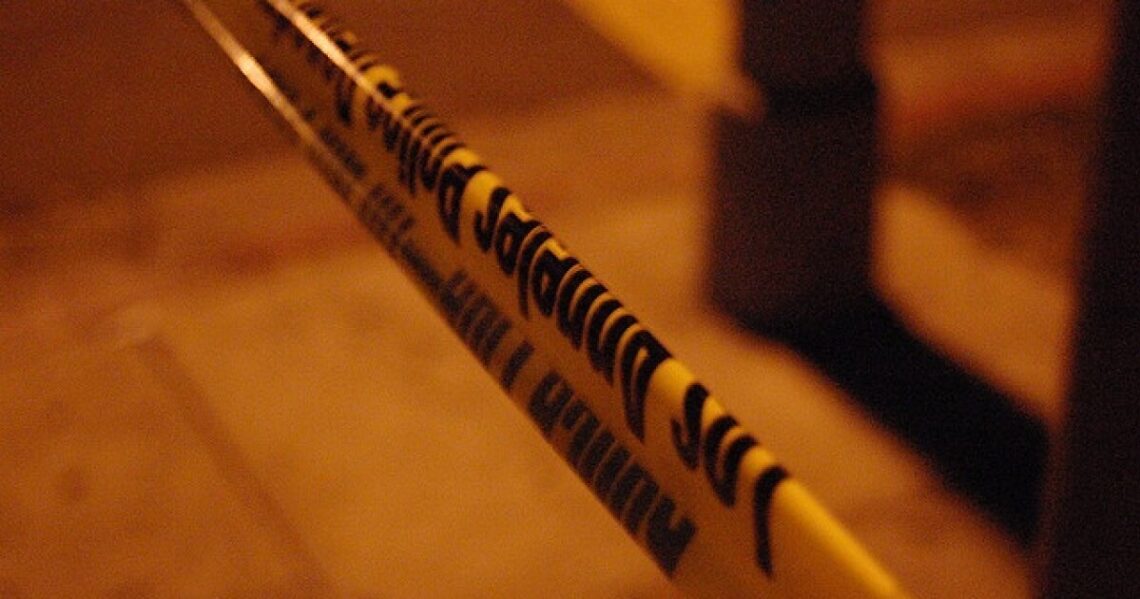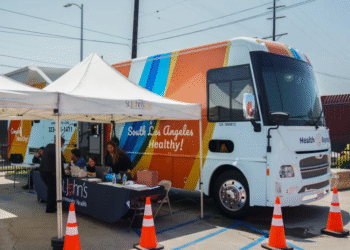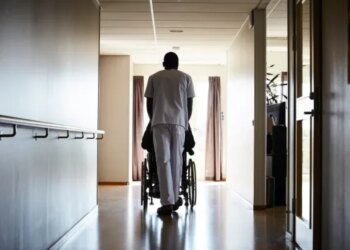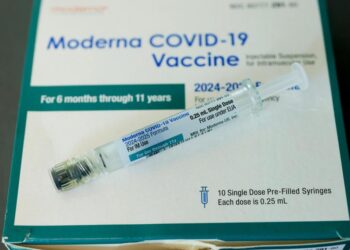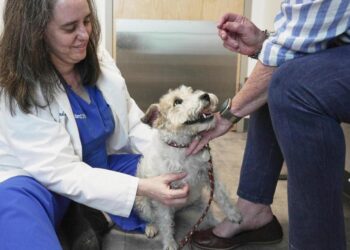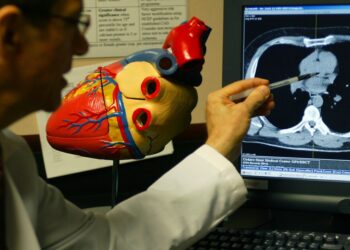When a person living with mental illness is in crisis — the kind that requires some kind of intervention — it’s often better for a clinician to respond than law enforcement.
That’s because the mere presence of a police officer or sheriff’s deputy can escalate the potential danger for all involved, according to use-of-force experts. And those encounters can turn deadly.
The Los Angeles Police Department, like agencies in many cities around the country, provides training for its officers on de-escalation tactics, but the shootings keep happening despite efforts to provide alternative response teams that include mental health clinicians. An LAist analysis of LAPD data showed that since 2017, 31% of people shot at by police were perceived by officers to be living with some kind of mental illness or in crisis.
There are psychiatric emergency teams in cities throughout L.A. County. But the teams differ from jurisdiction to jurisdiction on composition and approach.
In both the city and county of L.A., it can be hard to keep track of the different types of alternative response teams that can be called to respond when someone is in crisis. Here’s a breakdown of what’s available:
City of L.A.: Unarmed Crisis Response Pilot Program
The city partnered with three local nonprofit organizations — Exodus Recovery, Alcott Center and Penny Lane Centers — to provide two response teams in each of three service areas spread across L.A. The teams are available 24 hours a day, seven days a week within the Police Department’s Devonshire, Wilshire and Southeast service areas.
The teams are dispatched from 911 call centers when appropriate.
Crisis…
Read the full article here

